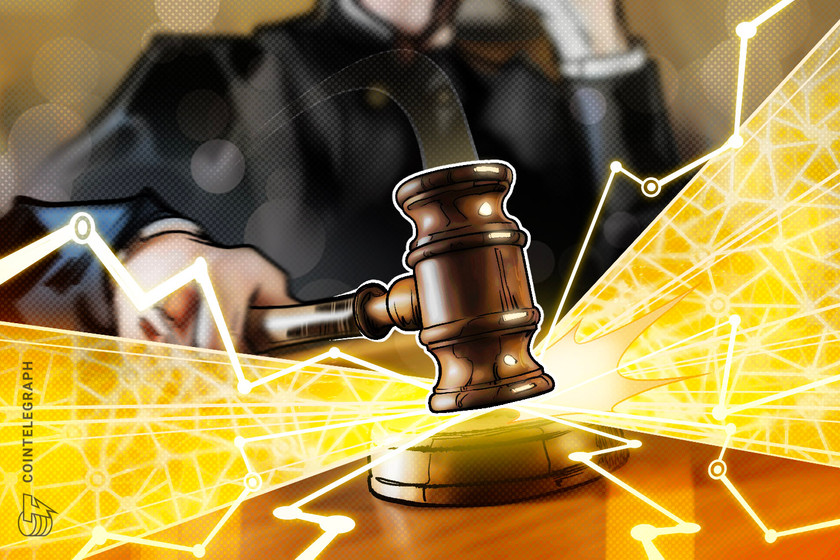

James Zhong pleaded guilty to the wire fraud charges in November 2022 and had been awaiting sentencing for his role in the “unlawfully obtained” Bitcoin scheme.
The United States Attorney’s Office for the Southern District of New York has announced the sentencing for an individual who pleaded guilty to wire fraud charges connected to “unlawfully obtained” Bitcoin from the Silk Road marketplace in 2012.
In an April 14 announcement, the U.S. Justice Department said James Zhong was sentenced to one year and one day in prison for charges related to executing a scheme to steal more than 51,680 Bitcoin (BTC). Zhong pleaded guilty to the charges in November 2022 and had been awaiting sentencing.
“Cyber-criminals should heed this message: we will follow the money and hold you accountable, no matter how sophisticated your scheme and no matter how long it takes,” said U.S. Attorney Damian Williams.
According to Williams, Zhong stole the BTC in 2012 and managed to conceal his crime for roughly 10 years before facing charges. U.S. authorities seized the Bitcoin holdings from Zhong’s home in the state of Georgia in November 2021, finding the bulk of the crypto in a floor safe and a computer concealed in a popcorn tin. The coins were worth roughly $3.4 billion at the time.
In the U.S. Attorney’s sentencing memo for Silk Road Bitcoin stealer James Zhong: investigators seized criminal proceeds from “a single-board computer that was submerged under blankets in a popcorn tin stored in a bathroom closet.” (Sentencing is today at 3 pm). pic.twitter.com/7aamQryQ6B
— Rachel Scharf (@rscharf_) April 14, 2023
Related: US government plans to sell 41K Bitcoin connected to Silk Road
The Silk Road marketplace, defunct for roughly 10 years, allowed users to buy and sell illicit goods such as weapons and stolen credit card information, drawing the attention of U.S. authorities. The creator of the platform, Ross Ulbricht, was arrested for his role in 2013 and is currently serving two life sentences without the possibility of parole.
Magazine: US enforcement agencies are turning up the heat on crypto-related crime




